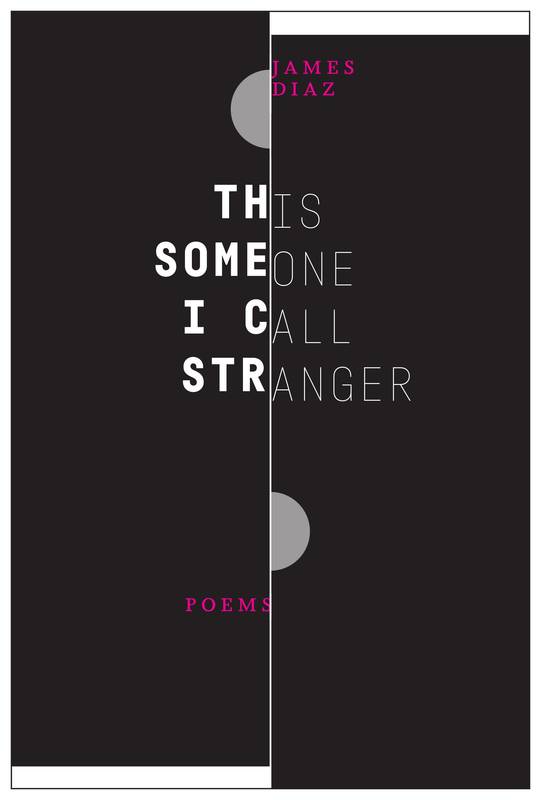|
The Breadcrumbs widget will appear here on the published site.
This Someone I Call Stranger ReviewBy Ingrid Calderon QuailBellMagazine.com *Editor's Note: James Diaz has previously published poetry with us. Check out some of the following poems he has had published on Quail Bell Magazine: "You're the Story I Want to Tell", "Learn to Love What Aches in You", "How a Life Can Go on Like This", and "In the Dark, Reaching". James Diaz’s poetry collection, This Someone I Call Stranger captures seasons. He shows you winters made, not of snow, but of heat. He warped love into sunbeams, and explained sorrow through logic and defeat. There is discordance and simplicity in these pages. Anarchy, and a warmth conjured by so many ghosts. If there was a song that could sum up the ink spilled, it’d be Philip Glass’s, Etude No.2., mostly through its controlled chaos. The managing of nostalgia and melancholy stands erect alongside the womb. You can feel the contraction and expansion of each word. Fires are lit and gently put out. Love is at the center stage, and inevitably, it’s the main character. There is loss, and sorrow, and the soaring of wings.
In the poem, "If You Lived Here, You’d Be Homeless By Now," we are shot into light. There is a sense of being enraptured by a darkness that illuminates. There are doubts and silver-linings. A pregnant moon of hope. He reminds us to “keep both hands on the wheel, there are bones in the front of your soul.” Spectres are present throughout, beckoning some reconciliation. A test of time and space He invites us into territory barely opened. A world where he has lived, and lived alone. His words are bathed by the moonlight. There is a sense of danger in “Happy Endings,” where he so nonchalantly speaks of, “how we shuddered with relief, to be unfinished things, standing by the side of the highway.” It sends our palms to itch, and burns the guts. His humaneness is palpable and oozing like an open wound. We come to know of his spirit in, “The Stuff of Small Towns”, he insists that, “I have sight and I don’t know what to do with it.” But through the journey of these poems his vision is a pilgrimage. An honest look into one’s psyche, and the regurgitation of oneself. Making a body of what had undergone a vivisection. CommentsComments are closed.
|
|








